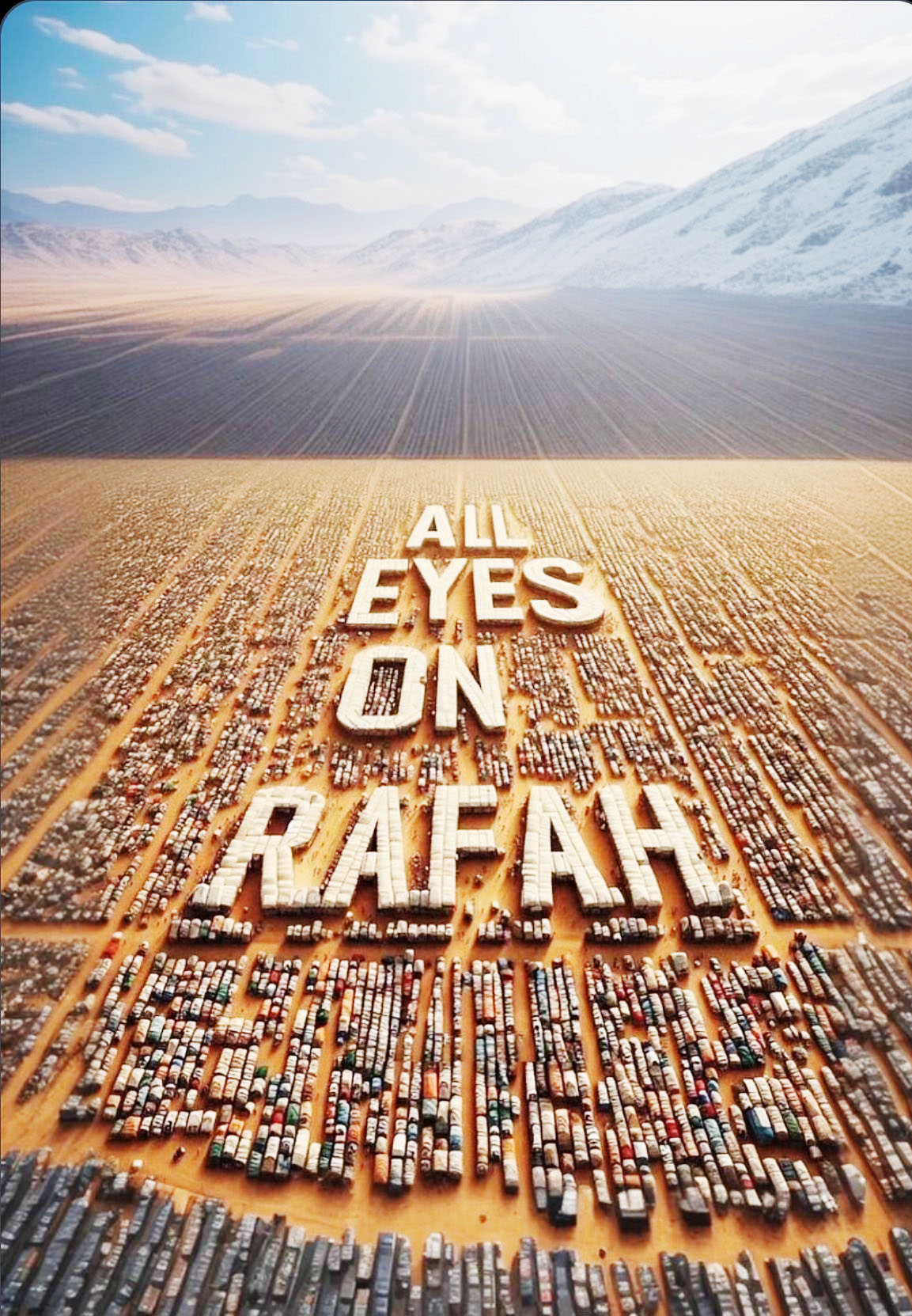 Fighting 2,000 pound bombs with an Instagram post feels pointless. Yet, without social media so many of us would have remained in the dark to genocide and other global problems far from our shores. Social media, whether we want to admit it or not, has considerably democratised the news compared to traditional outlets, allowing room for some of the most marginalised voices to be heard. Unless of course your account has been shadow banned or blocked.
Fighting 2,000 pound bombs with an Instagram post feels pointless. Yet, without social media so many of us would have remained in the dark to genocide and other global problems far from our shores. Social media, whether we want to admit it or not, has considerably democratised the news compared to traditional outlets, allowing room for some of the most marginalised voices to be heard. Unless of course your account has been shadow banned or blocked.
It has become an integral part of our lives and dare I say somewhat of an extension of our personalities. With it, some may argue, for the first time ever, we can carefully craft our personalities virtually with our interests, political meme sharing alongside a healthy portion of food posts in the most unblemished way as the edit and delete buttons lie just a fingertip away. With virtual egos somewhat tied to algorithms, it is also not surprising to see some accuse others of being clout chasers or question their authenticity as they jump on every trend to retain relevancy or to be performative social media activists. Especially when their behaviour offline doesn’t match their virtual reality.
As social media alters the way we communicate, what we choose to communicate and how we somewhat advertise ourselves, I find that our relationships are mostly impacted. We have rightfully become hyper alert to the positions our friends and family take and if they choose to and even more so decisive on how we access the values of those we interact with online. According to Twenge, Campbell and Spitzberg in their study published in the Journal of Social and Personal Relationships Vol 36 Issue 6, connection through social media lacks both physical presence and emotional intimacy with no room for non-verbal cues. Allowing for just our fingers and a screen to potentially become even more cutthroat and desensitised to those around us. With just a simple swipe we can change our mood. We can shop through these media apps. We can see unimaginable human suffering and we can share what we are having for lunch. We can do all of this without hardly giving ourselves time to process the realities around us or those of whom we are viewing.
It is difficult not to want to conclude that we have been locked into a matrix that we are equally dependent on for airing our views and sharing our stories, but that is also hardening our emotions and polarising us further.
If you ask me, having social media is a delicate balance between staying informed while being connected with the physical realm. It is spending just enough time to become aware of the news of charred bodies in tents and fathers holding up the headless bodies of their babies in Gaza, but not long enough so one doesn’t become desensitised to their suffering to click past. It is spending just enough time to hold and pronounce our opinions but somehow not being mentally drained by the rabbit hole of negativity and hate that it has to offer. It is, too, a reminder that there are spaces in these virtual worlds that promote rest as a form of resistance and it is something that is owed to all of us.
Social media has done so many good and bad things but seeing it in action this week and viewing the AI generated picture ‘All eyes on Rafah’ being shared over 46 million times at the time of writing was possibly one of its high points and reinstates the power it holds. So many might have felt defeated, drained, unseen and even ignored, and even if we were hoping for the words to come earlier, now with tides quickly changing and conversations crossing borders, ethnicities, social classes and university encampments it gives hope for everyone in pursuit of freedom and the universal right to self determination that is owed to all people.






